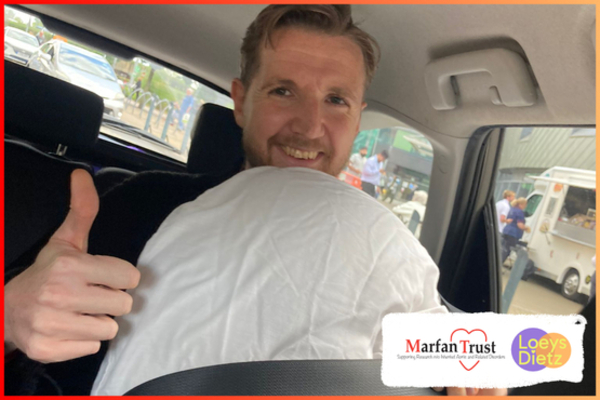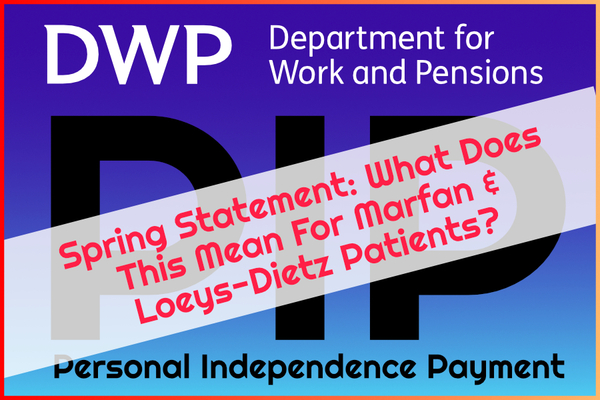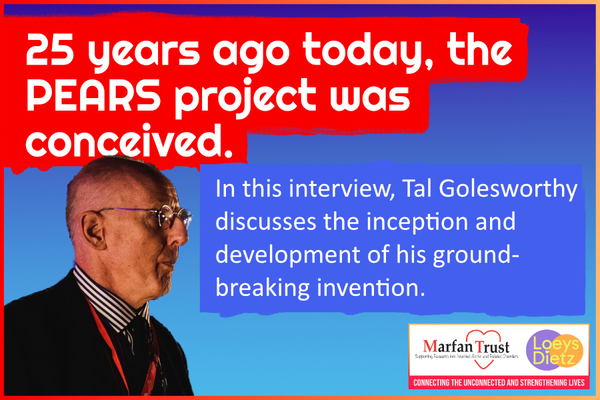More the background noise to his life than a defining feature, Marfan syndrome largely meant a bumped head in short doorways for Connor. This all changed when a delayed check-up revealed he needed valve-sparing aortic root replacement surgery. Connor felt suddenly overwhelmed but discovered that prioritising emotional wellbeing would help him through.
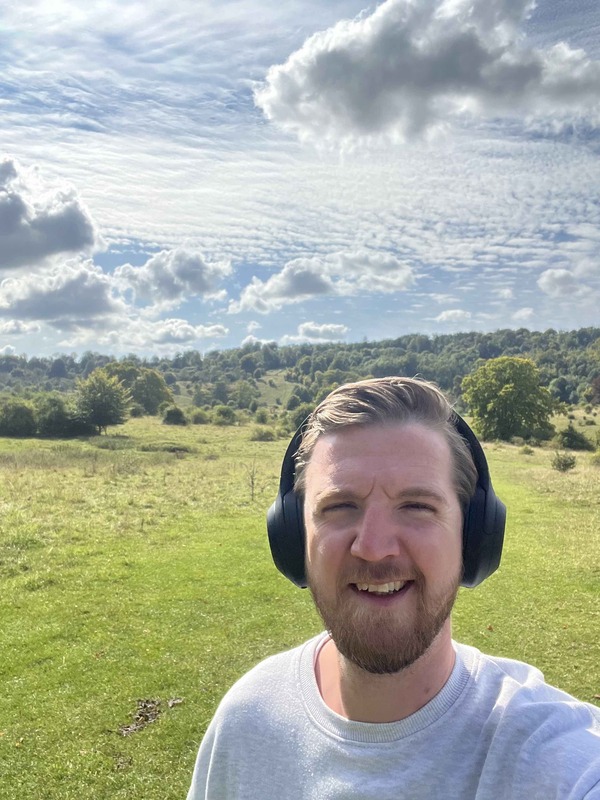
My Journey Through Open-Heart Surgery, by Connor Fraser
I’ve been told I’m tall more times than I can count and, thanks to Marfan syndrome, I’ve probably banged my head on just as many doorframes! For most of my life, Marfan was more of a background noise than a defining feature. That all changed with one delayed hospital check-up.
Returning from Berlin before the pandemic, I’d gone years without a routine Marfan MOT. When I finally saw my doctor, the news hit me hard, I needed Valve Sparing Aortic Root Replacement surgery. Shock doesn’t quite cover it.
If you’re facing the same surgery, I want you to know this—you’re not alone.
Here’s my story of navigating the lead-up, surgery and recovery. I hope it gives you a clearer roadmap and maybe a laugh or two along the way.
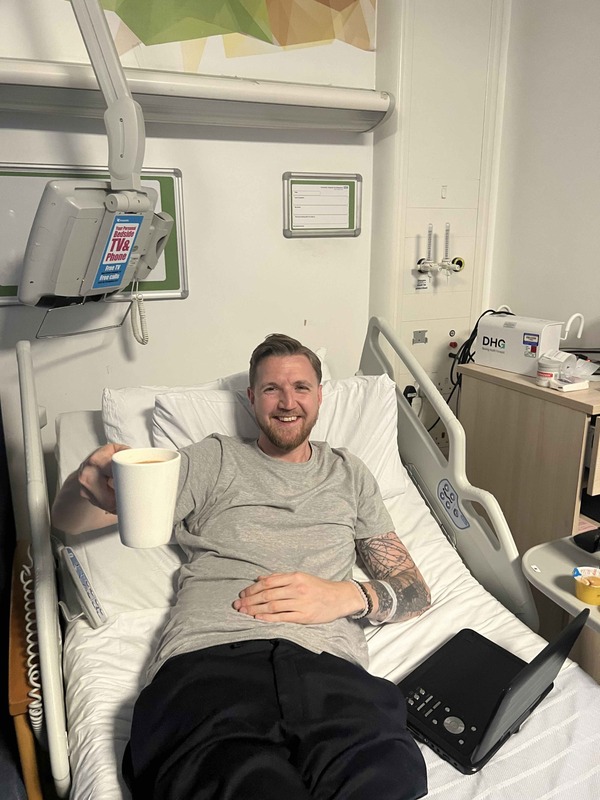
Before the Surgery
Finding out I needed open-heart surgery felt like being told I had to jump out of a plane with no parachute—it was utterly surreal. At first, I avoided the topic altogether. But as reality sank in, I realised the importance of sharing the news with my family, friends and colleagues. Their support, alongside therapy, became my anchor.
One thing I wish I’d done sooner? Talk to a cardiac-specific therapist. The techniques we worked on—grounding exercises, managing spiralling thoughts—helped me feel less like I was free-falling and more ready for the surgery.
Tips for the Lead-Up:
Take your time: It’s okay to feel overwhelmed. Start small and process things bit by bit.
Get professional support: Therapy can help you navigate emotions and build coping strategies.
Lean on loved ones: Sharing the news brings support and strengthens relationships.
Packing Essentials:
Buttoned pyjamas
L-shaped pillow
Puzzle book to keep your mind active
Headphones/earplugs
Notepad and pen to track your feelings
Slippers
Family photo or keepsake to focus on post-recovery
Water bottle with a straw
[Connor pictured the day before surgery]
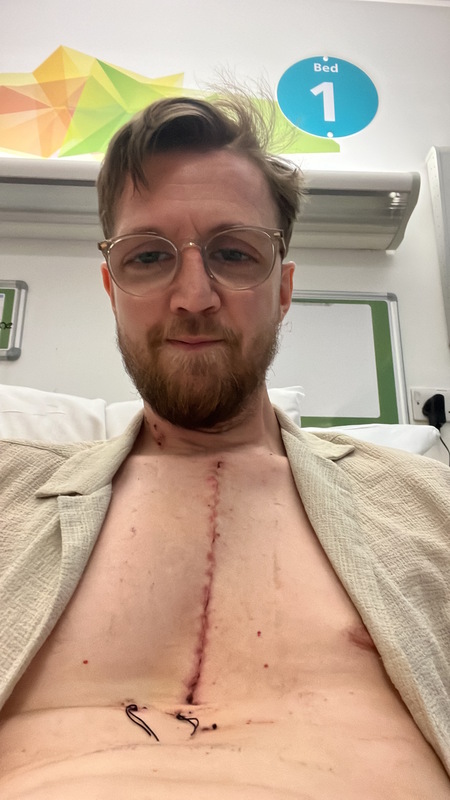
Surgery Day
The morning of surgery was a blur—part nerves, part sedatives. One moment, I was chatting with a nurse; the next, I woke up in the ICU. My surgeon stayed by my side for hours post-surgery, offering immense comfort.
The ICU experience was intense. A nurse was with me 24/7, offering support, conversation and pain relief. The nurses encouraged me to get up and walk quickly—imagine being carried home drunk by friends, with cheering at every shaky step.
Surgery Day Takeaways:
You won’t remember much: Relax, your team has you covered.
Ask for help: Nurses are there to support you, no matter how small your request.
Movement is medicine: Early mobility is essential for recovery.
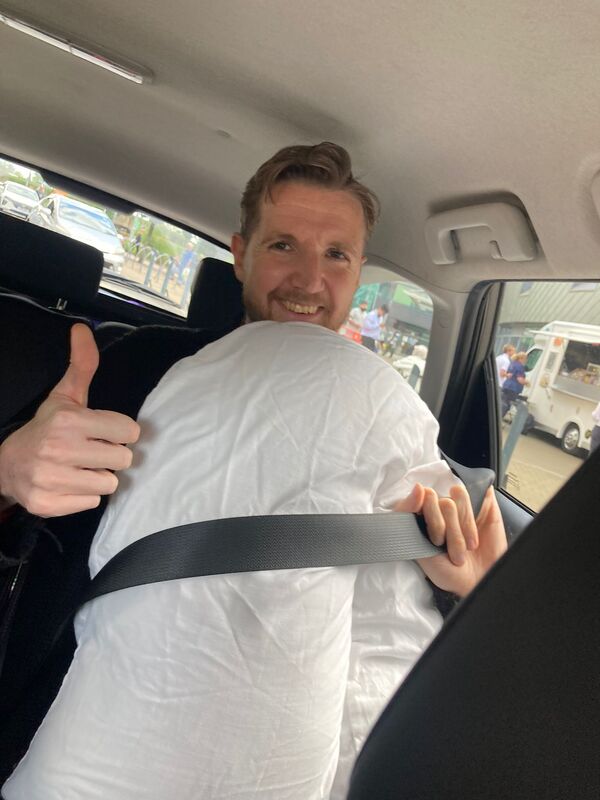
Recovery in the Hospital
Recovery wasn’t glamorous—unless compression socks are your idea of haute couture—but every small victory felt monumental. From my first assisted walk to laughing with the nurses, each moment rebuilt my strength.
About 3–4 days into recovery, I felt energised enough to push myself. I took on challenges like showering or walking to the ward’s kitchen for a drink. The nurses’ encouragement made each step feel like a triumph.
The hardest part? Coming off stronger pain meds. I was ready to stop the morphine—my body had had enough of that ride.
Passing the final tests for discharge—walking stairs, physio sign-off and some bodily functions we’ll leave unnamed—was both daunting and exhilarating.
Saying goodbye to my surgeon, Mr. Ravaglioli, was bittersweet. I’d built a connection with him that was indescribable, here is someone who has literally saved my life and all I can do is shake his hand before he goes onto someone and saves their life - tough feeling to navigate but I’ll be forever grateful and live a life he’d be proud of.
Hospital Recovery Tips:
Celebrate small wins: Every step forward counts.
Stay active: Movement, even when difficult, speeds recovery.
Track progress: Writing down milestones helps you see how far you’ve come.
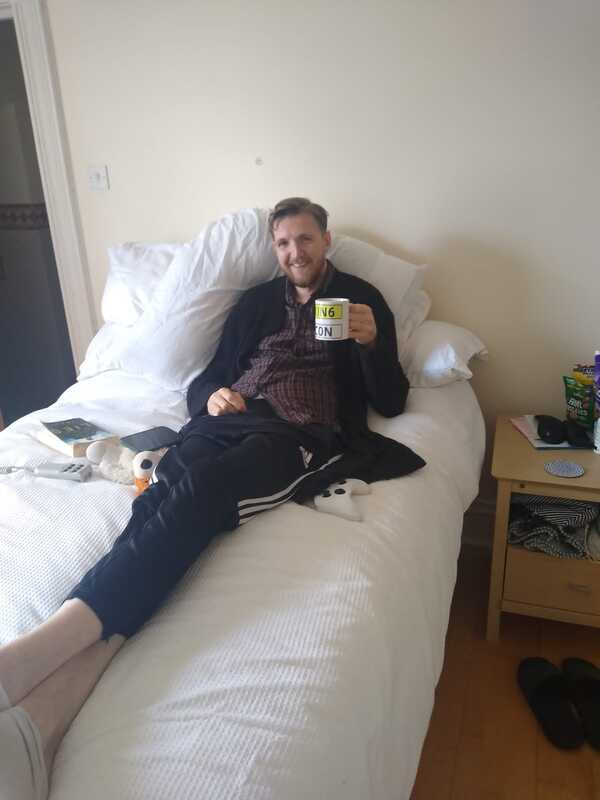
Recovery at Home
Leaving the hospital felt like stepping off a rollercoaster—equal parts relief and apprehension. Once home, I set small daily goals to track progress: walking a little further each day, showering solo or even just enjoying a home-cooked meal.
Familiar comforts—favourite meals, cozy blankets and some quiet—became my lifeline. I kept reminding myself: every minute, every hour, every day brought me closer to feeling like myself again.
Home Recovery Advice:
Pace yourself: Healing takes time. Celebrate every victory, no matter how small.
Lean on familiarity: Favourite foods, scents, and routines can offer comfort.
Set boundaries: Don’t feel pressured to entertain visitors if you’re not ready.
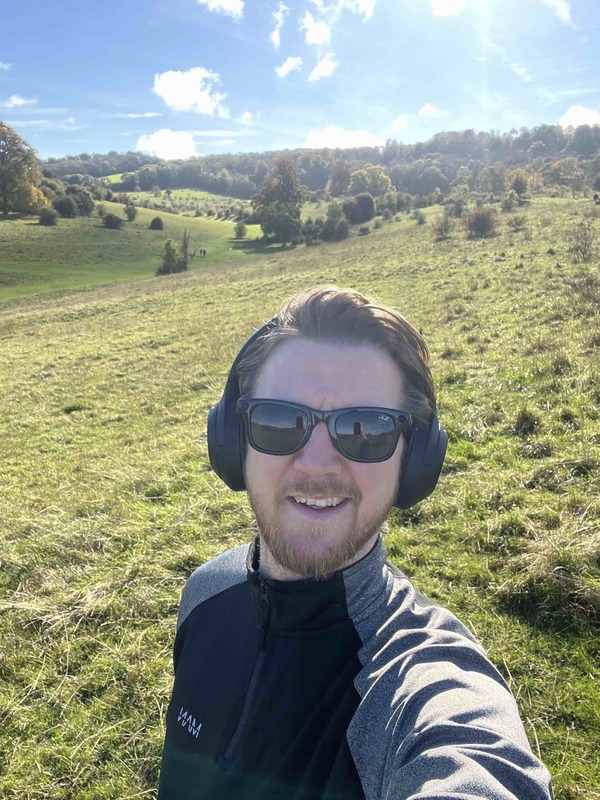
Reflections and Takeaways
This surgery taught me something invaluable: I’m stronger than I ever realised. The journey wasn’t easy but it revealed resilience I didn’t know I had. Thanks to my family, friends, and the incredible team at Southampton General, I’ve emerged with a new appreciation for life.
If you’re about to face surgery, know this—you’ve got this. Accept help, stay curious about your journey, and celebrate every step forward. And when in doubt, remember—you’re not alone.

